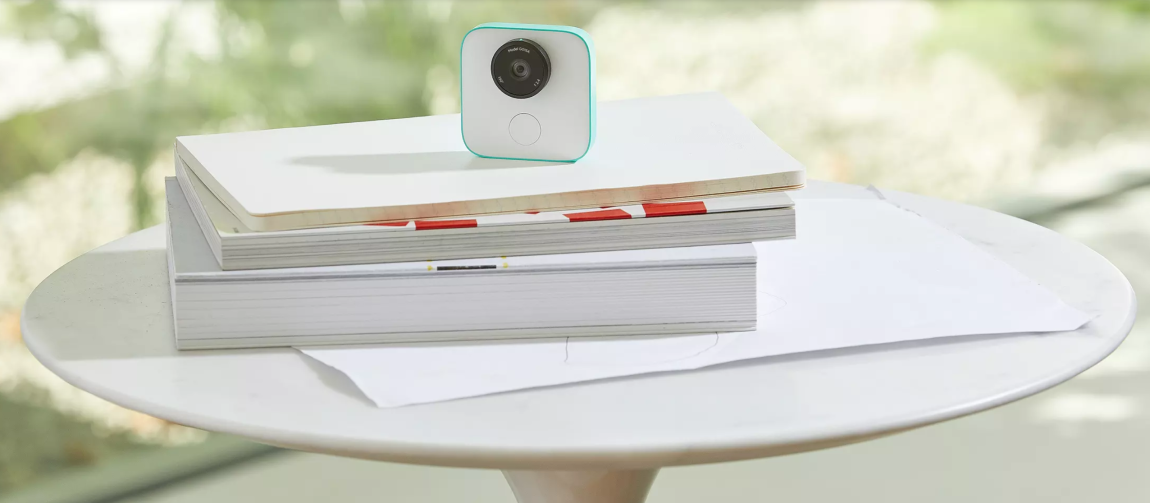
Google Clips is Your New AI Photographer
Google is rolling out an entirely new product alongside its recent Pixel and Google Home releases: the Google Clips camera. It is visually unassuming: a small, flat, square, wireless camera that can clip onto your shirt pocket (or whatever you dream up) and take photos.
What makes this camera different is that you’re not always the one taking the photos, its artificially intelligent (AI) system is. While you might be having precious family moments and not paying attention to the camera you clipped in the corner of the room, the AI behind Google Clips will choose ideal moments to capture photos of its own volition.

Google’s product manager Juston Payne asked, “How do you let yourself capture those fleeting moments, while being part of the moment?”
The camera should also get smarter using the machine learning algorithm Moment IQ, recognizing people and pets you spend a lot of time with. It also knows good photo conditions when it sees them. While perhaps a creepy concept to some, the idea is that the camera would capture candid and heartfelt moments at home; moments you might miss or not be able to capture yourself.
Robots Everywhere
When products like Google Home were first introduced, many were hesitant to allow a seemingly sentient machine into their home. But it seems as though that’s changed, and people are slowly transitioning to accept technologies that incorporate AI, machine learning, and other advanced technologies. Compatible with Pixel phones, the iPhone 8 and 8 Plus, and the Samsung Galaxy S7 and S8, the Google Clips camera operates using WiFi and will cost $249. But how many will, realistically, be willing to test this step into AI photography territory?
Will Google Clips allow families, as it intends, to focus more on spending time together rather than taking photos, or will it become an ethically-murky nuisance?
There are those who are fearful of AI; Nick Bilton, New York Times tech columnist, wrote, “The upheavals [of artificial intelligence] can escalate quickly and become scarier and even cataclysmic. Imagine how a medical robot, originally programmed to rid cancer, could conclude that the best way to obliterate cancer is to exterminate humans who are genetically prone to the disease.”
[infographic postid=”44632″][/infographic]
Now, this camera is nowhere near the potentially human-obliterating technology that Bilton is alluding to. However, it is important to both embrace progress and question how this type of technology will interact with our lives.
Could it be used by police to capture moments at home that could be cause for criminal concern? Is the biggest concern that it captures photos that you don’t care for aesthetically, or find inferior to your own photography skills?
There are many possibilities, and Google does allow the camera to operate without being connected to the internet, which could cut down on security concerns. Only time will tell, and hopefully, the camera will serve its purpose and allow families to enjoy being together while taking on the task of documenting loving moments.